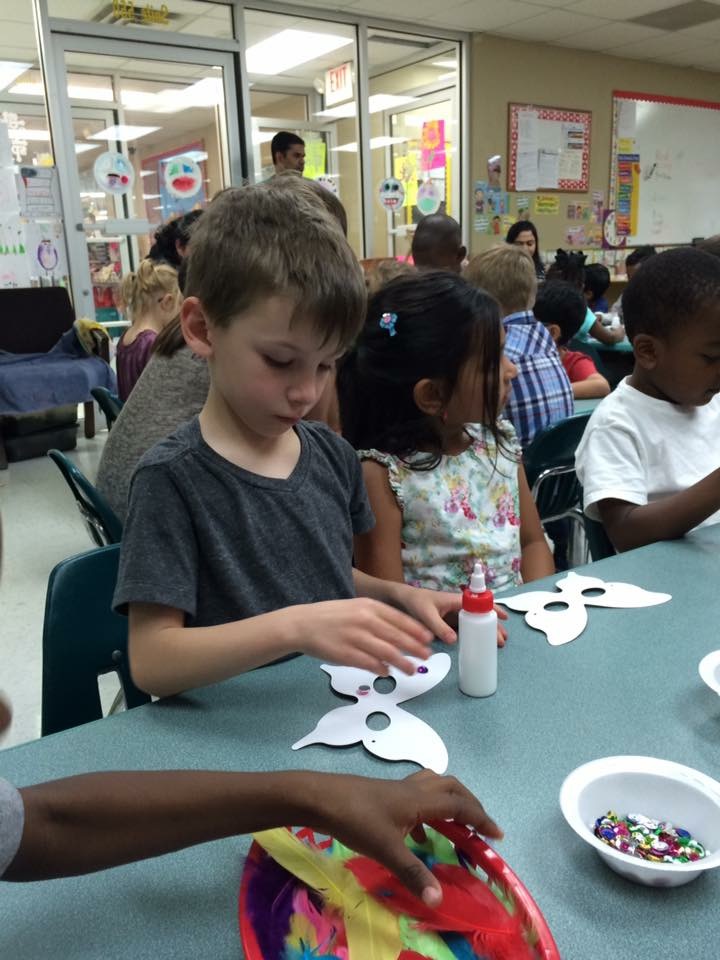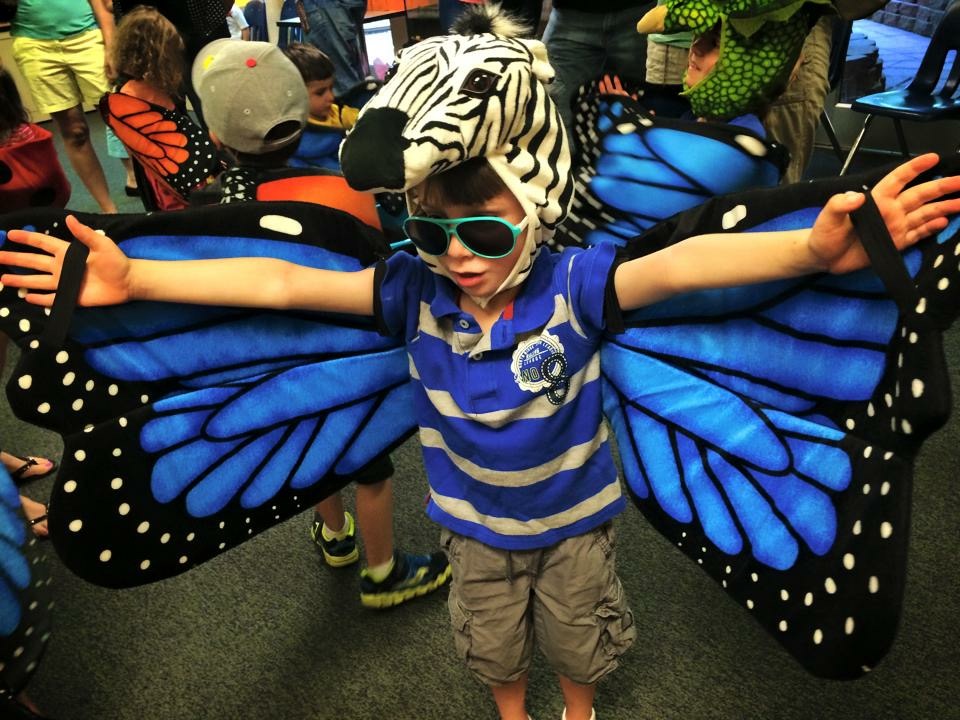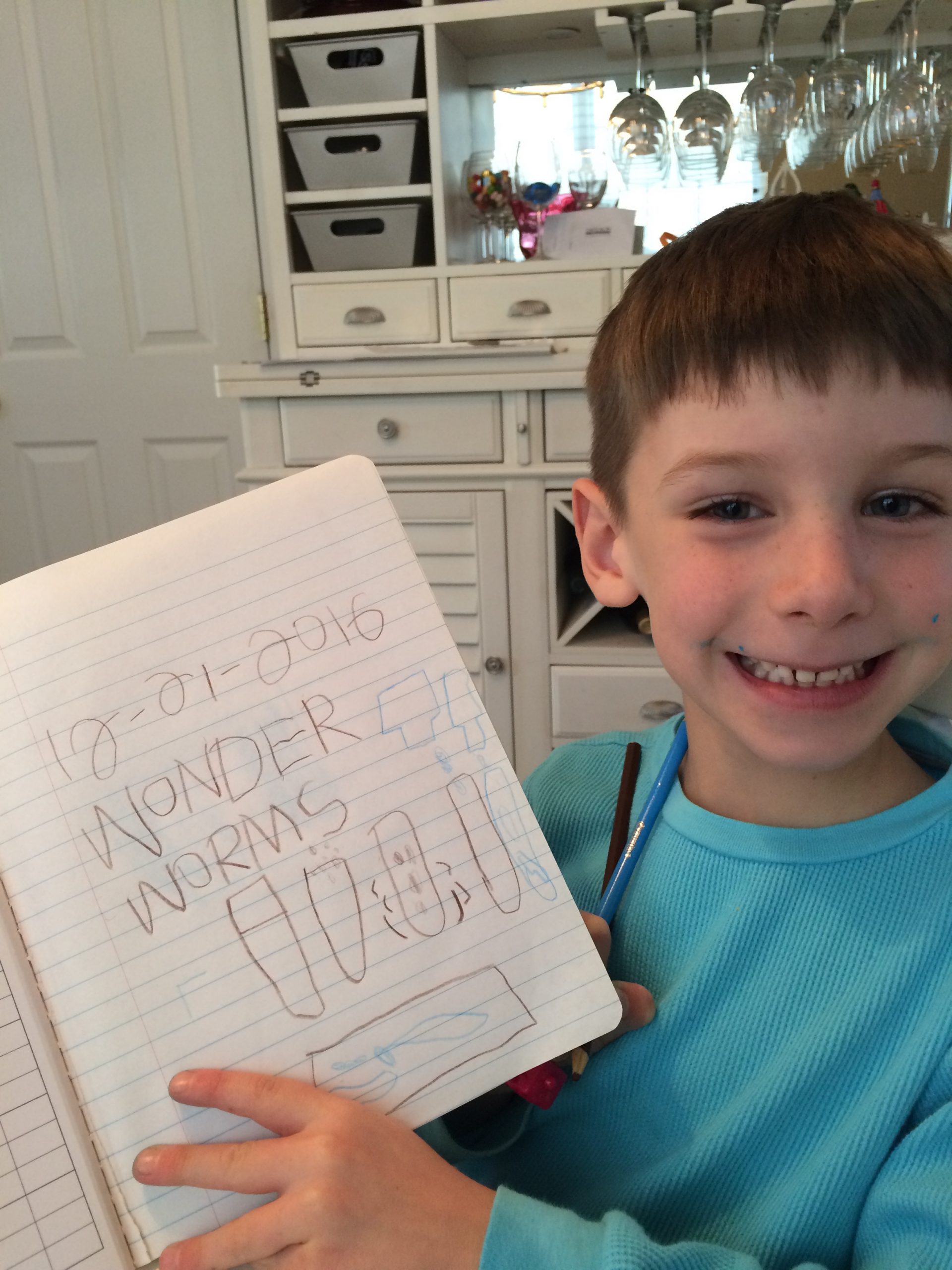Teaching the whole child during a pandemic is the most logical way. This pandemic causes many schools to encounter havoc as to have in-classroom education, remote lessons, and part in-classroom and remote lessons. Additionally, it is playing havoc on curriculum issues on what and how to teach.
Whole child efforts need to be on the improvement of school climate, social and emotional learning, mental health, and services that assist with trama-specific services. Many students need resources that go beyond the basics of education. Educators need to create positive conditions for students at home with strategies and resources for families and caregivers.
- Parents, caregivers, and educators must first take care of themselves and the student. Hence, their basic needs, such as safety, health, nutrition, and well being must be fulfilled. Thus, a positive situation for students exists.
- Encourage a safe space for children to learn and complete their lessons. Children are not able to concentrate if there is stress around them. Stress affects their memory. Provide students with empathy and encouragement. Students need to know someone is there to help them.
- Encourage the natural curiosity and creativity of students. Help students become aware of their environment so the learning becomes meaningful.
These are important for the creation of a positive culture for learning from home. Therefore, a positive environment creates academic success for students.
Teaching the Whole Child
Many differences come to light with remote learning. Schools find children that face poverty, hunger, mental and physical health issues, lack of internet, and lack of computers. Because of this, students will fall academically and emotionally behind. The focus on the whole child is the best fit for schools during the pandemic.
Educators try to build a relationship with students through on-line meetings. However, it is important to support students with support and resources. Educators must continue to reach out to communities for help to educate the whole child.




